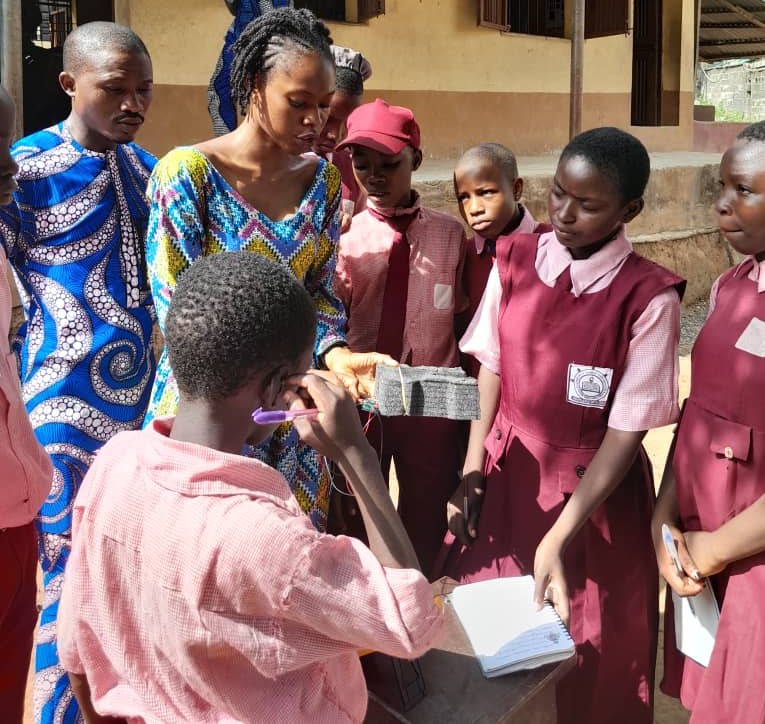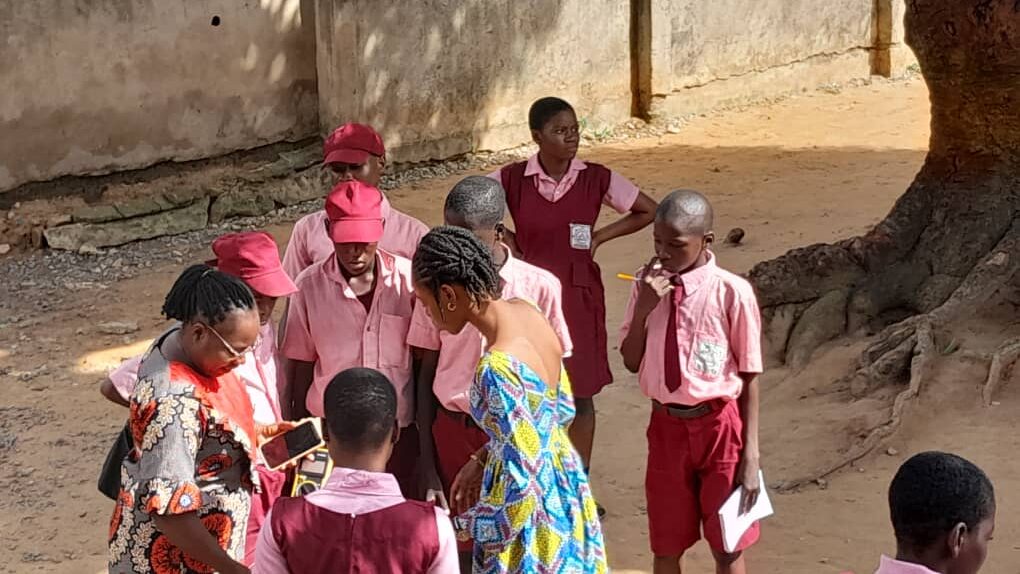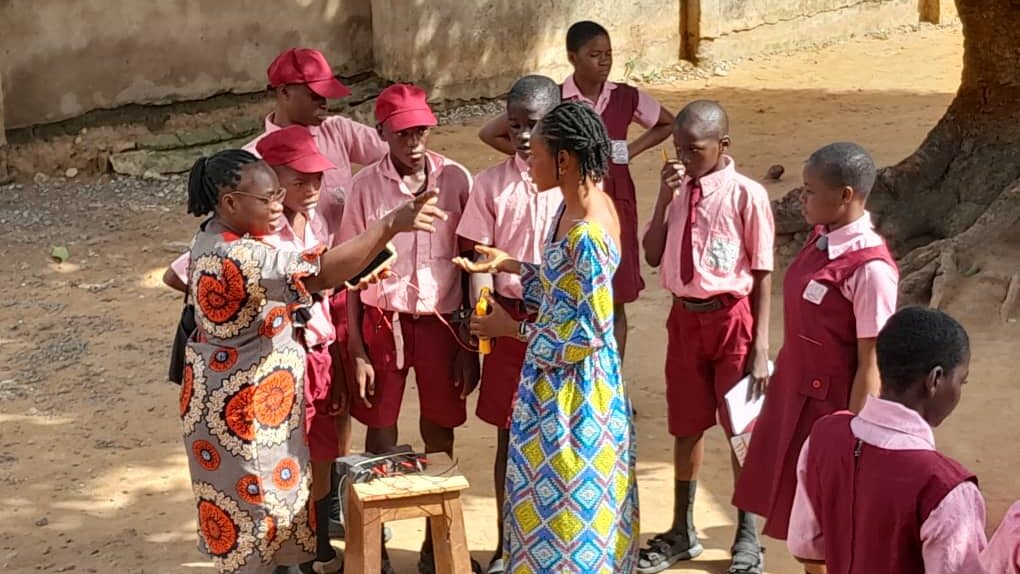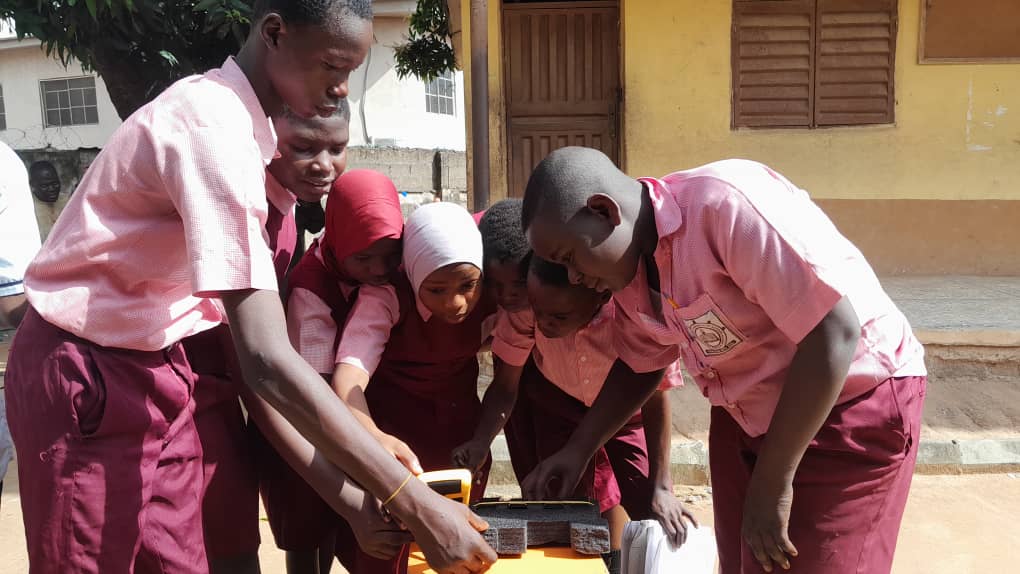The Power of Practical Learning

Education is most effective when students don’t just hear about concepts but actively experience them. Practical learning is an approach that emphasizes hands-on experimentation, real-world applications, and active engagement, making knowledge more memorable and impactful. This method is especially valuable in STEM (Science, Technology, Engineering, and Mathematics) education, where concepts can often seem abstract until brought to life through experiments.
One initiative making a significant difference in practical learning is Experimento, a program designed to provide interactive STEM education for students and teachers. Through simple yet powerful experiments, Experimento is transforming the way young minds engage with science.
Why Practical Learning is Essential
Traditional learning methods often rely on lectures and textbooks, which can sometimes make learning passive and less engaging. However, practical learning offers several advantages:
1. Enhances Understanding and Retention
Students are more likely to remember scientific principles when they see and apply them rather than just reading about them. Hands-on activities solidify learning by engaging multiple senses.
2. Develops Critical Thinking and Problem-Solving Skills
Practical learning encourages students to ask questions, experiment, and draw conclusions—skills that are crucial for scientific inquiry and innovation.
3. Bridges the Gap Between Theory and Application
Science isn’t just about formulas and definitions; it’s about understanding how things work in the real world. Practical learning helps students connect classroom lessons to everyday experiences.
4. Boosts Engagement and Curiosity
When students conduct experiments themselves, they become active participants in their learning journey. This hands-on approach fosters curiosity and encourages students to explore beyond the curriculum.
5. Prepares Students for Future Careers
Industries today seek individuals who can apply knowledge, think critically, and solve real-world problems. Practical learning ensures students are equipped with the skills they need to succeed.
Bringing Science to Life Through Experimento
Science education is most effective when students can see, touch, and experiment with concepts rather than just reading about them. Experimento, a globally recognized STEM education initiative, is transforming classrooms by making science more interactive and engaging. Through structured hands-on experiments, it equips both students and educators with the tools to explore scientific principles in a practical way. Key features of the program include:
- Age-Specific Modules – Tailored experiments for different education levels, ensuring students engage with science in meaningful ways.
- Simple Yet Powerful Experiments – Designed to be low-cost and high-impact, making science accessible even in schools with limited resources.
- Teacher Training & Support – Equips educators with the skills needed to effectively integrate practical experiments into their lessons.



Conclusion
Practical learning is the key to unlocking a student’s full potential. It transforms education from passive absorption to active participation, making knowledge not just memorable but meaningful. Programs like Experimento show that hands-on STEM education is a crucial stepping stone toward creating a generation of thinkers, innovators, and problem-solvers capable of shaping a better future.
By integrating practical learning into classrooms, we are not just teaching science—we are empowering students to lead, innovate, and inspire change in a rapidly evolving world.